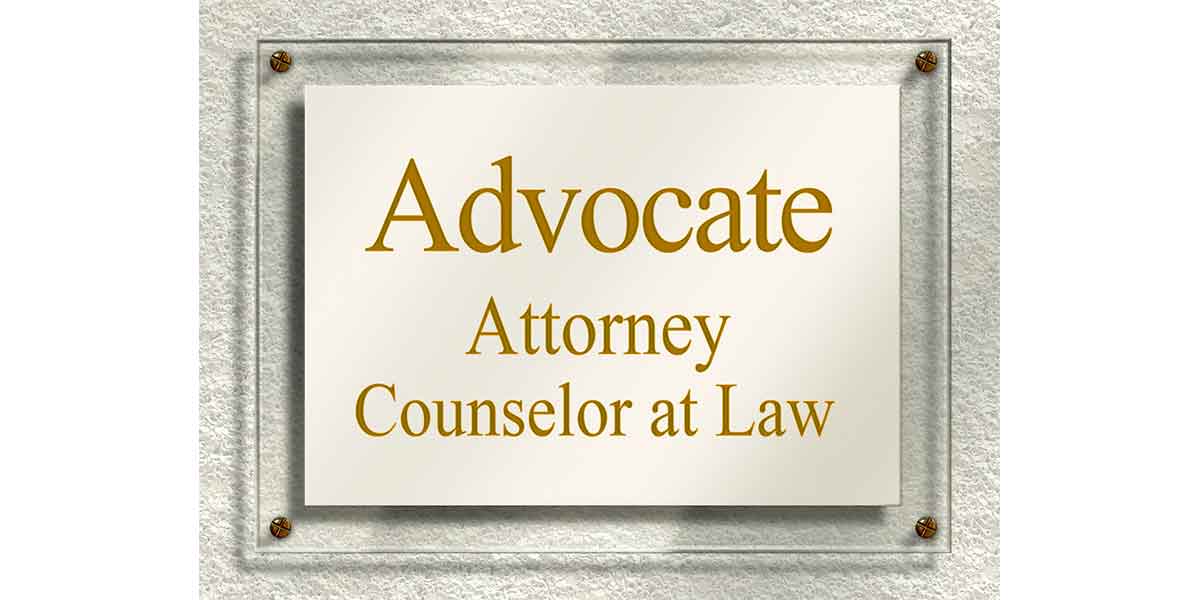It is essential for individuals to prioritize having a basic estate plan in place as responsible adults. Estate planning ensures that loved ones are taken care of after one’s passing. Despite its importance, many people overlook estate planning as a crucial aspect of their life plan due to the myths and misconceptions surrounding it. Falling prey to these falsehoods can result in family problems. Seeking professional advice and careful planning can dispel these myths and safeguard the financial stability and safety of one’s family.
The Misconception of Estate Planning Only for the Wealthy
There is a common misconception that estate planning is solely for the affluent, leading others to believe that their estate may not warrant any planning. In reality, the size of one’s estate does not determine the necessity of estate planning. Regardless of the assets one possesses, estate planning is imperative. It is a straightforward process that allows individuals to dictate the distribution of their assets and appoint someone to manage their property posthumously. Even young adults with minimal possessions and no immediate family should consider the uncertainties of the future. A well-crafted estate plan can address these uncertainties effectively.
Dispelling the Myth of Avoiding Probate in Estate Planning
Probate, often viewed negatively in estate planning, is not always a cumbersome or costly process. With legal guidance, the expenses associated with probate can be managed, or through a revocable living trust, the process can be streamlined. It is crucial to understand that probate is essential for executing the wishes outlined in a will. Without probate, the state’s laws dictate the disposal of the property.
Clarifying the Belief of Government Inheritance without an Estate Plan
Another prevalent misconception is that the government seizes all property if an individual passes away without a trust or will. While there are instances where the state may inherit the estate, it is not a common occurrence. A will can prevent the government from taking control of one’s property in such cases by allowing individuals to specify the distribution of their assets posthumously. State laws typically align with the owner’s wishes regarding property distribution.
Debunking the Notion of Cost Savings by DIY Estate Planning
It is crucial to recognize that estate planning is not a DIY project. Seeking assistance from a knowledgeable legal advisor is essential for navigating the complexities of wills, trusts, and taxes. While some may believe that creating estate planning tools independently can save money, the reality is that improper execution can lead to unforeseen costs. Crafting a will without professional guidance can jeopardize the well-being of oneself, their family, and their possessions.
Understanding the Ongoing Need for Updated Estate Planning
Merely having an estate plan is insufficient; it must be regularly updated to align with changing circumstances and ensure optimal outcomes. Life changes necessitate adjustments to the estate plan to meet evolving needs. Whether determining a guardian for a child or allocating assets to charitable causes, these decisions should be incorporated into the estate plan. Given that estate planning is a legal document, changes in laws may also necessitate revisions, underscoring the importance of consulting a legal advisor for guidance.
Concluding Thoughts
The prevalence of confusion and misconceptions surrounding estate planning has perpetuated myths that hinder individuals from recognizing its significance. Estate planning is a straightforward process that enables individuals to secure their family’s future. Responsible adults should prioritize creating an estate plan to prepare for what lies ahead. It is crucial to carefully consider all options and seek professional assistance as needed, as succumbing to falsehoods can have detrimental consequences.




